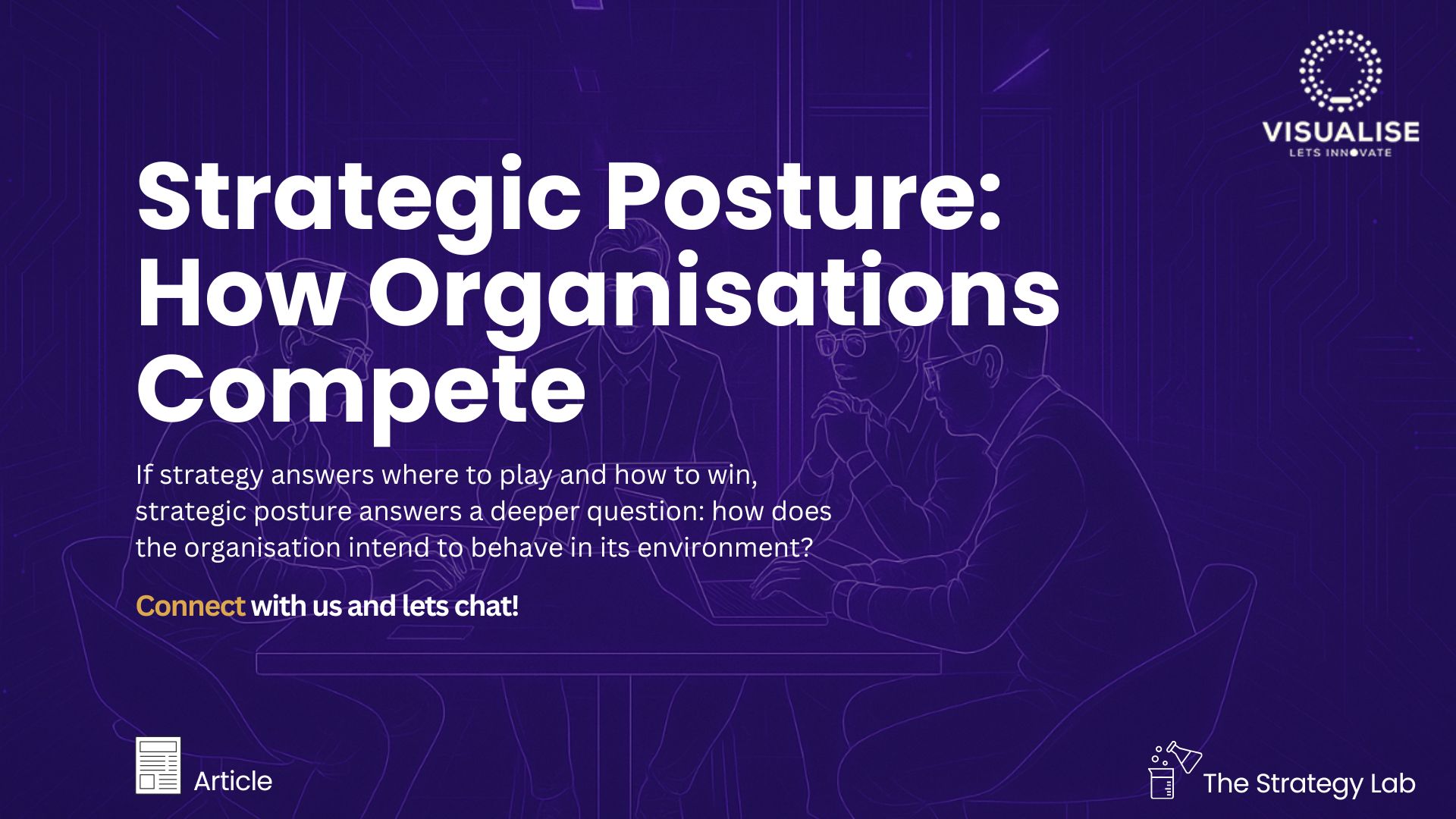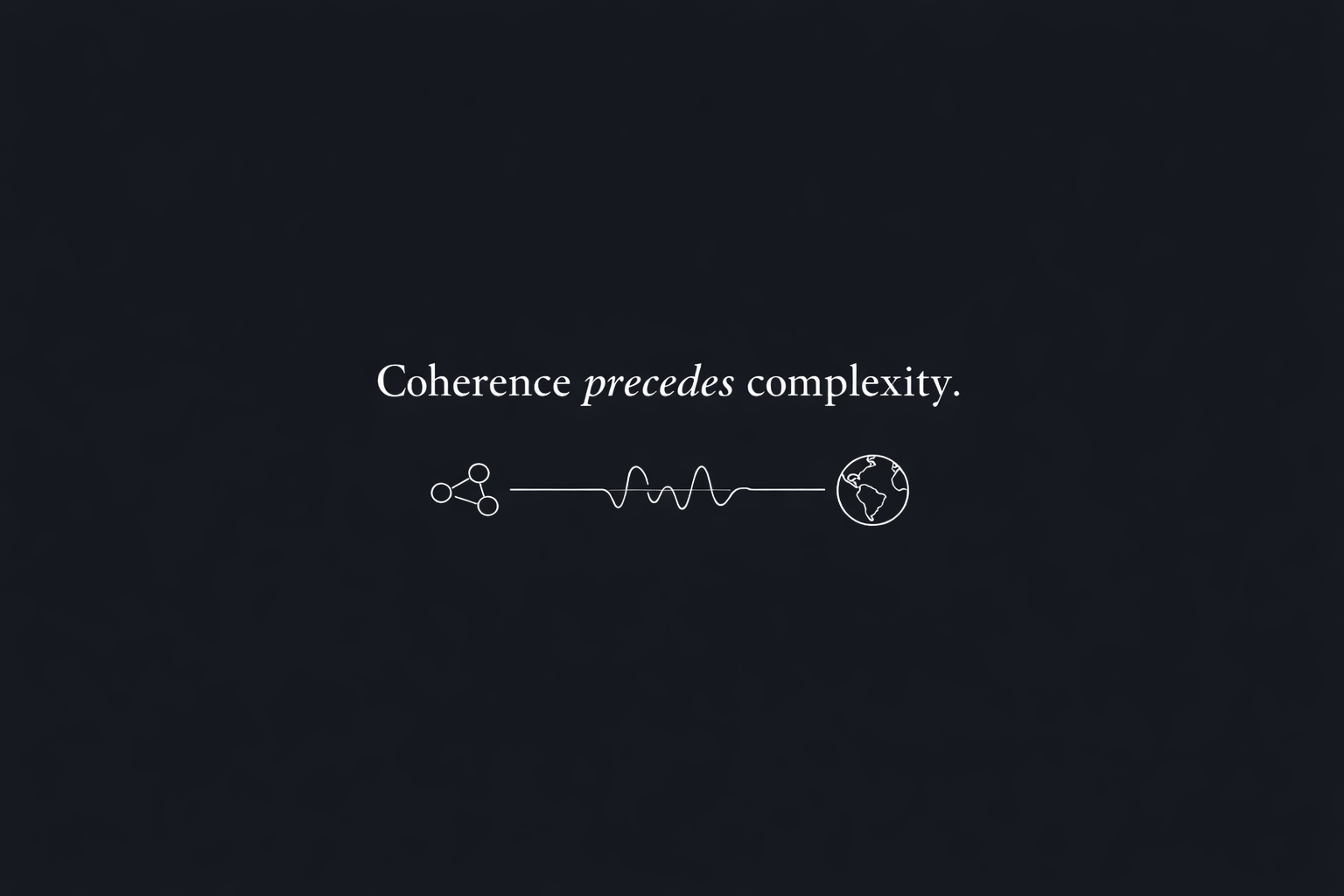Jul28

How can self-awareness serve as the foundation for personal growth and improve my interactions and decisions?
The Beginning of Self-Discovery
Self-awareness is the bedrock upon which all personal growth is built. It involves a profound understanding of one's own emotions, strengths, weaknesses, values, and motivations. Without self-awareness, our interactions and decisions are often guided by unconscious habits rather than intentional choices.
The Lightbulb Moment
Consider Sarah, a dedicated professional who always felt a sense of unease at work. Despite her efforts, she often found herself in conflicts with colleagues and feeling unappreciated. One day, after yet another heated meeting, she decided to reflect on why these situations kept occurring. In a moment of clarity, she realized that her need for control was driven by deep-seated insecurities about her capabilities. This realization was a lightbulb moment for Sarah; it marked the beginning of her journey towards self-awareness.
The Importance of Reflection
Self-awareness starts with reflection. Reflecting on your thoughts, emotions, and behaviors helps you understand why you react in certain ways and what influences your decisions. It’s not about self-criticism but about gaining insights into your inner world.
Exercise: Daily Reflection
To cultivate self-awareness, start a daily reflection practice. Each evening, spend 10 minutes reviewing your day:
For example, if you felt angry during a meeting, note what was said or done that triggered the anger and how you responded. Did you raise your voice, shut down, or calmly express your feelings?
Observation: Patterns and Triggers
Through regular reflection, patterns begin to emerge. You might notice that certain situations consistently trigger specific emotions. For Sarah, it was meetings where she felt her expertise was questioned. Recognizing these patterns is crucial because it allows you to anticipate and manage your responses more effectively.
Anecdote: The Power of Journaling
Take James, a manager who struggled with stress and burnout. By journaling his daily experiences, he discovered that his stress peaked during projects with tight deadlines. This insight led him to implement better time management strategies and delegate tasks more effectively, significantly reducing his stress levels.
Mindfulness: Staying Present
Mindfulness is another powerful tool for developing self-awareness. It involves paying attention to the present moment without judgment. By staying present, you become more aware of your thoughts and feelings as they arise, rather than being swept away by them.
Exercise: Mindful Breathing
Practice mindful breathing to enhance your awareness:
Regular practice of mindful breathing helps you become more attuned to your internal states, making it easier to recognize and understand your emotions and reactions.
The Journey Continues
Self-awareness is not a destination but a continuous journey. By engaging in daily reflection, identifying patterns and triggers, and practicing mindfulness, you can cultivate a deeper understanding of yourself. This foundation will empower you to make more conscious choices, improve your relationships, and navigate life with greater clarity and purpose.
Next Steps: Building on Self-Awareness
With a strong foundation of self-awareness, you are better prepared to explore deeper aspects of personal growth, such as emotional regulation, cognitive restructuring, and effective communication. Each step builds on the previous one, leading to a more harmonious and fulfilling life.
By starting with self-awareness, you embark on a transformative journey of self-discovery that can enhance every aspect of your life. So, take that first step today. Reflect, observe, and breathe—your journey to personal growth and better relationships begins now.
By Zen Benefiel
Keywords: Coaching, Education, Leadership
 Energy System Resilience: Lessons Europe Must Learn from Ukraine
Energy System Resilience: Lessons Europe Must Learn from Ukraine HR Is Designed to Maintain. Succession Planning Demands It Transform.
HR Is Designed to Maintain. Succession Planning Demands It Transform. AI and Embedded Connectivity: A New Era of Smart Devices
AI and Embedded Connectivity: A New Era of Smart Devices Strategic Posture: How Organisations Compete
Strategic Posture: How Organisations Compete Coherence Before Complexity
Coherence Before Complexity